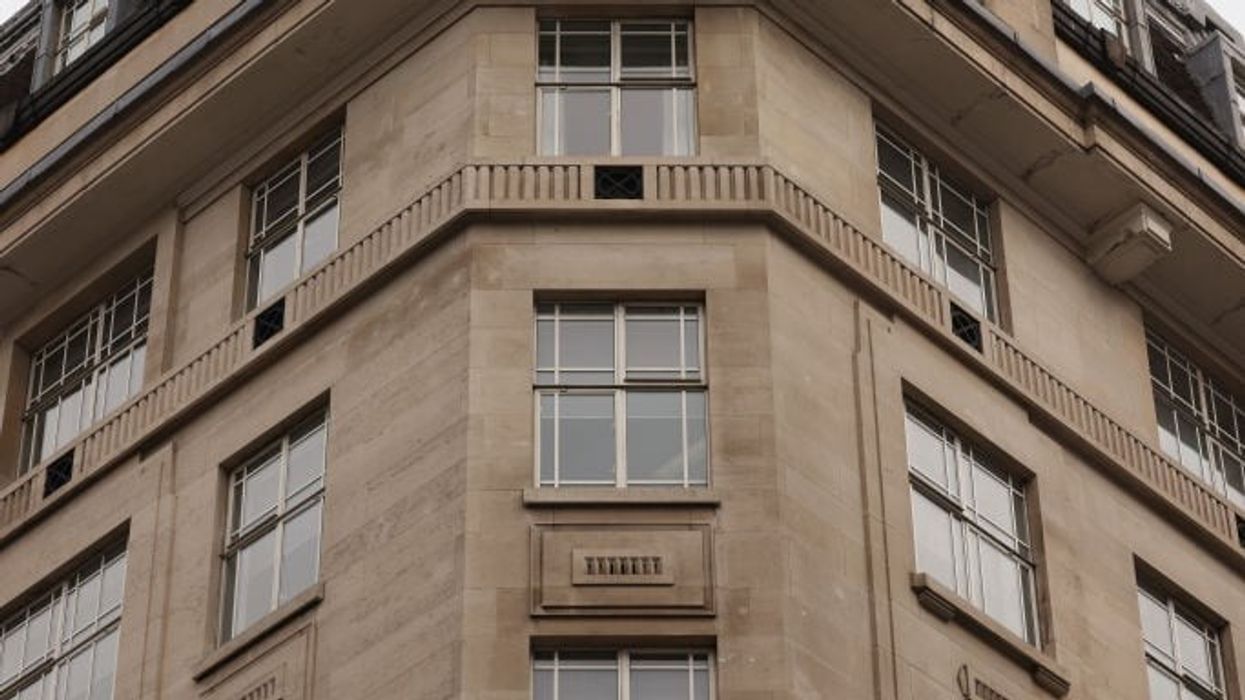THE Australian parent group of finance firm Greensill Capital, whose collapse led to corporate fallout and a lobbying row in Britain, has entered liquidation on Thursday (22).
The company had filed for bankruptcy last month for its operations in Britain, and also in Australia where its parent group is based and Germany where it has a banking arm.
Greensill's collapse threatens UK jobs at companies that depended on its financing including the steelmaker Liberty Steel, owned by Indian-British billionaire Sanjeev Gupta.
The business secretary Kwasi Kwarteng told BBC Radio that Britain is giving the managers of Liberty Steel time to refinance the business after the collapse of Greensill Capital last month.
Creditors including Credit Suisse, Japan's SoftBank and the Association of German Banks met online early Thursday and "resolved to place the company into liquidation", according to a statement from administrators Grant Thornton.
The administrator provided an overview of the company to its 41 creditors and their representatives, who then voted in favour of liquidation.
Administrators will now wind down activities and attempt to sell off chunks of the business, which was founded in 2011 by Australian Lex Greensill.
"As of today, the company is now in liquidation," Grant Thornton added in the statement.
"The liquidators will continue to identify and realise available assets, monitor developments in relation to the administrations of Greensill UK and the Greensill Bank AG, and continue their investigations in relation to Greensill Capital Pty Limited in liquidation."
On the lobbying row, an independent investigation has been opened by Britain government after former prime minister David Cameron’s lobbying of Greensill Capital raised questions.
During Cameron’s tenure as prime minister from 2010 to 2016, Australian banker Lex Greensill was an adviser to the government. After leaving office, Cameron in turn became an adviser at the financial firm.
Cameron had contacted ministers directly to lobby on behalf of Greensill Capital, including sending text messages to chancellor Rishi Sunak and arranging a private drink between Greensill and health secretary Matt Hancock.
Cameron, in his response, said he had not broken any rules, but that he accepted his communication with government should have been completely formal.
Britain’s Treasury has said Cameron contacted Sunak and two other ministers in the department to ask if Greensill could have access to the government’s Covid-19 loan schemes at the start of the pandemic.
The inquiry is expected to call Cameron, Sunak and Lex Greensill to ask questions over the financial firm's collapse and the lobbying controversy.




